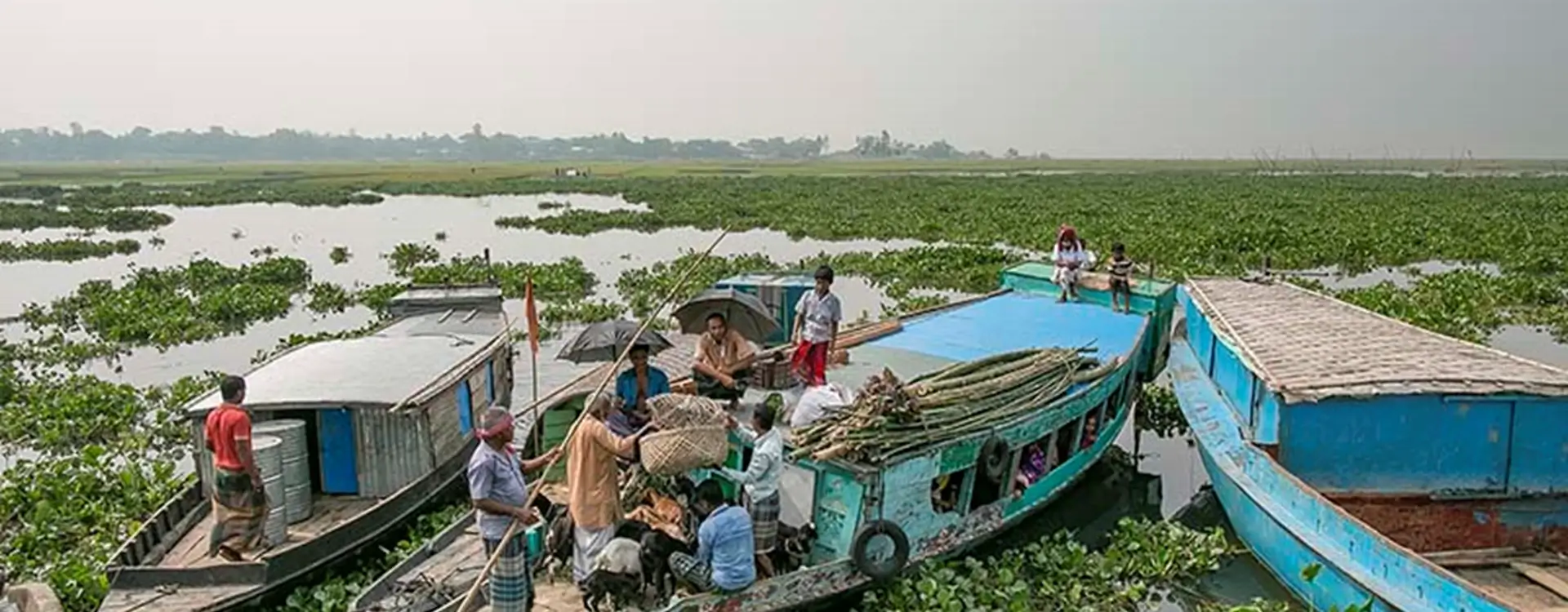
Bangladesh
MSI Bangladesh
Since 1988, MSI Bangladesh (MSB) has been providing high-quality and affordable, sexual and reproductive healthcare across the country.
Through a network of outreach teams, MSI Bangladesh helps to ensure that all women and girls, even those living in remote communities, can access a full range of contraception, including short-term, long-term, and permanent methods. MSI Bangladesh also provides pregnancy and post-natal care in their clinics, delivery services in their maternity centres, and post-abortion care treatment following an unsafe abortion.
As the largest clinical provider of sexual and reproductive healthcare in the private and NGO sector, MSI Bangladesh is a major partner of the government of Bangladesh, and is helping to improve policy, advance access to sexual and reproductive healthcare, and build sustainable services that can provide a lasting impact on the lives of women and girls in Bangladesh.
Contact us
Contact our Bangladesh support office to talk about our work.
Marie Stopes Bangladesh
House # 6/2, block F
Kazi Nazrul Islam Road
Lalmatia Housing Estate
Dhaka 1027
Bangladesh
Tel: +880 0258 152 538
Email: [email protected]
Looking for services
Looking for services in Bangladesh? Use the contacts below or visit our Bangladesh website.
Tel: +880 01730 450 678
Tel: +880 01755 578 215
Tel: +880 01762 686 866





